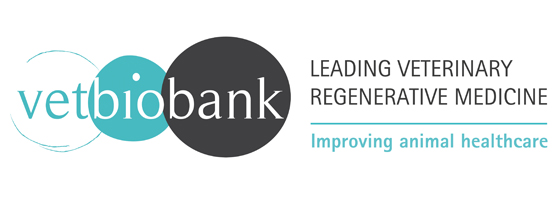Herein we review recent data that support host tolerance of allogeneic adult mesenchymal stem cells (MSC). Evidence is emerging that donor MSC deploy a very powerful array of mechanisms that allow escape from host allogeneic responses. These mechanisms include limited expression of alloantigen by the stem cell and cell contact-dependent and -independent mechanisms. MSC modulate host dendritic cell and T cell function, promoting induction of suppressor or regulatory T cells. These effects are complemented by the induction of divisional arrest anergy in T cells and by stem cell production of soluble immunomodulatory factors, including interleukin-10, transforming growth factor-beta, prostaglandin E2, and hepatocyte growth factor. In addition, MSC express the enzyme indoleamine 2,3-dioxygenase, which creates a tryptophan-depleted milieu that promotes immunosuppression. We propose that these observations show striking similarity to emerging data on the maternal acceptance of the fetal allograft. This comparison suggests new approaches to determine the contribution of different mechanisms to the successful use of MSC in regenerative medicine.













